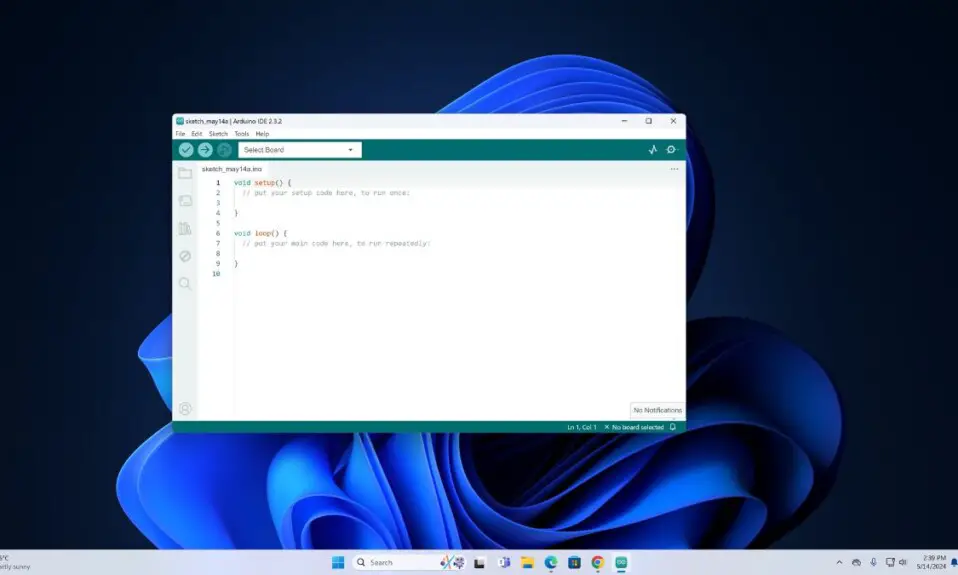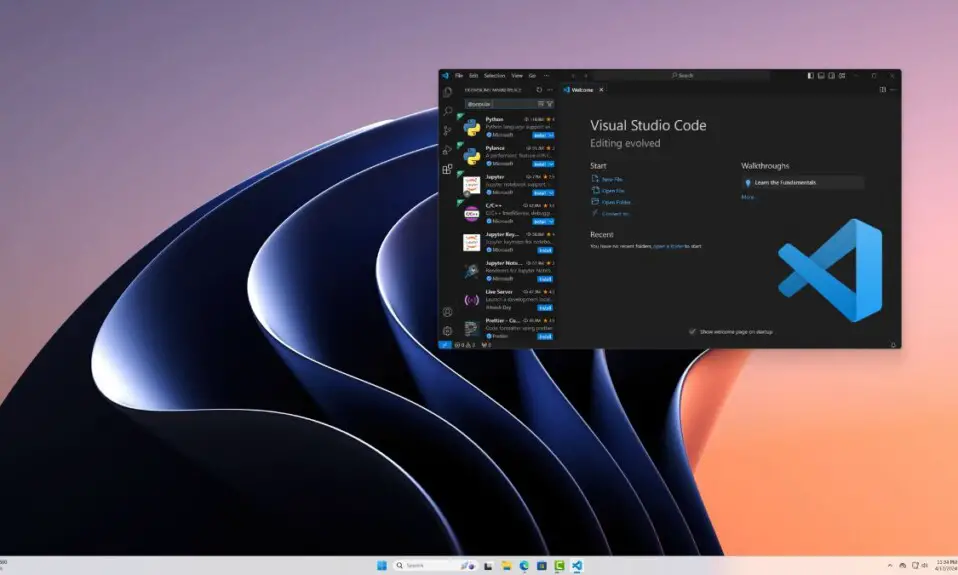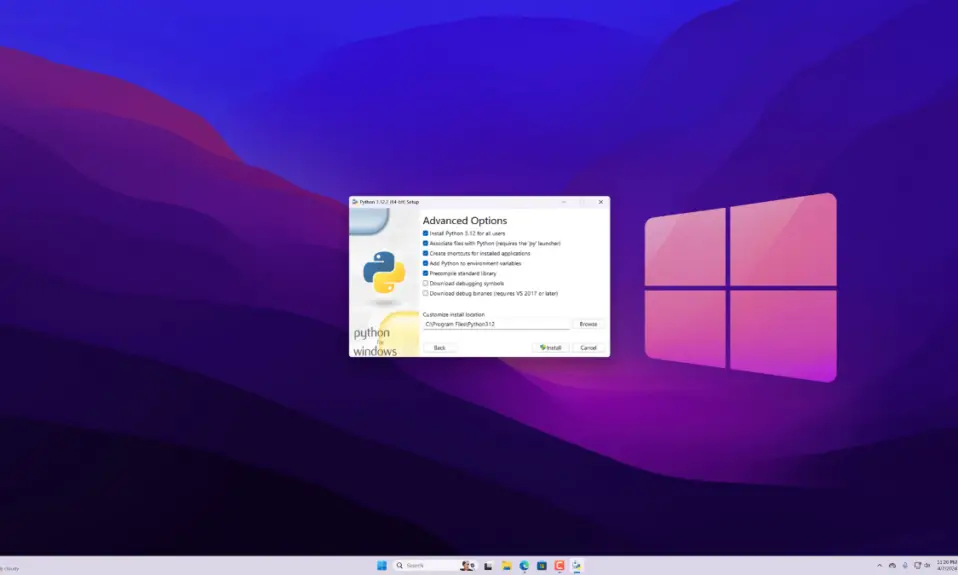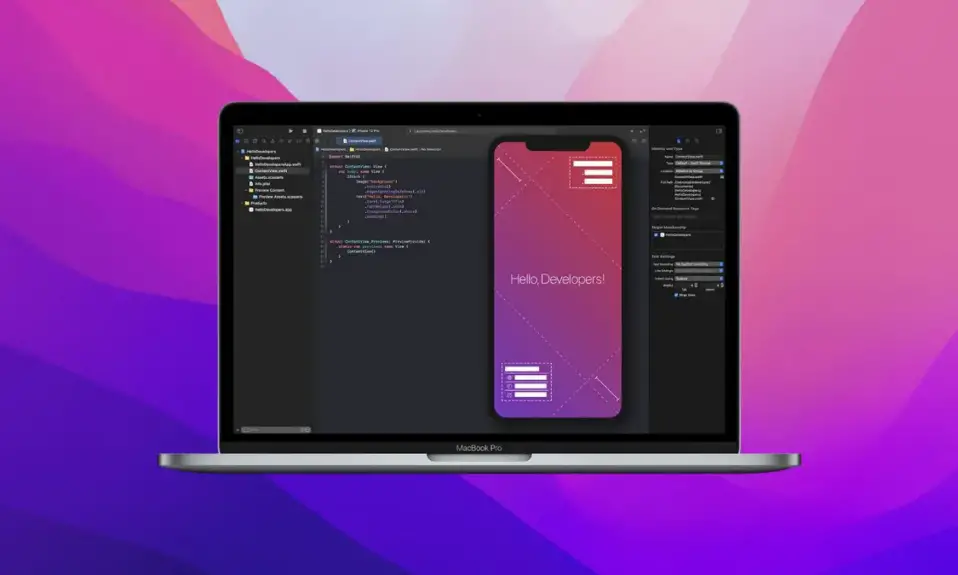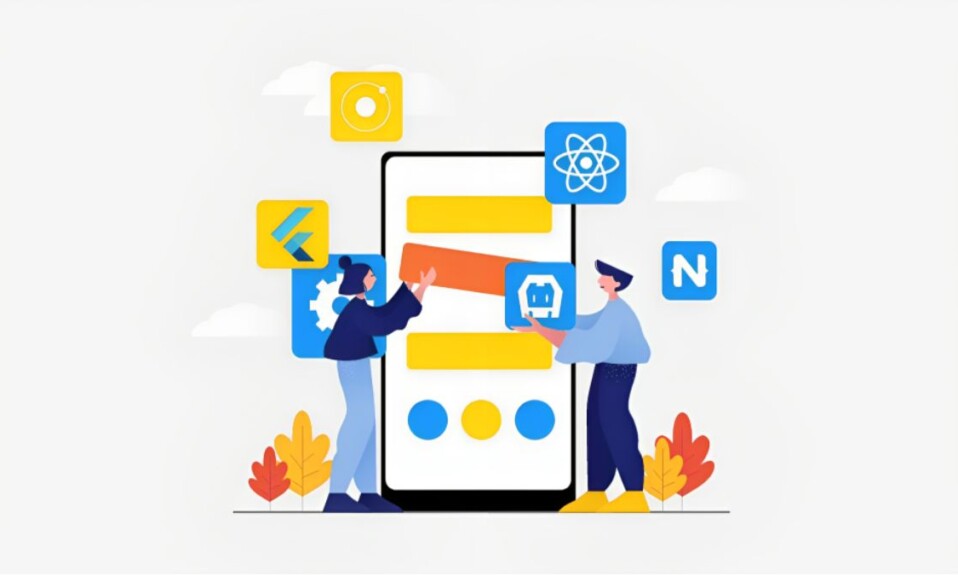
Developers are constantly searching for software development tools or frameworks that can make their jobs easier and reduce app development time and expenses in today’s highly competitive digital sphere, thanks to rapid technological advances.
Developers can use cross-platform software development frameworks to build mobile apps that are compatible with different operating systems, such as Windows, iOS, and Android. Cross-platform apps don’t require specific coding for each platform; instead, coding once lays the groundwork for the software to run and function across all platforms with the same code base. Here, we’ve listed some of the best cross-platform app development frameworks.
What is a Cross-Platform Development?
Cross-platform app Frameworks are the new trend in the market and are gaining massive popularity across all platforms. If you want to thrive in the competitive technical market, you need to be smart and effective. As the market is highly competitive, you cannot risk falling behind others.
Therefore, constant upgrades are essential to keep up with the trends and strive to raise standards. In simple words, Cross-platform helps to run applications on multiple platforms.
Moreover, it also offers a cost-effective feature to start-ups. App development companies are constantly working on creating better apps over time.
In this sector, time management plays a critical role. Thanks to Cross-Platform developers, this has become possible. According to some renowned daily columns, thousands of applications are developed daily, but they cannot take over the market due to inefficiency.
The smartphone sector has a colossal increase, which means updated operating systems. At present, there are two renowned platforms in the world market: firstly, iOS, and secondly, Android, which is ruling the smartphone operating system.
App developers program apps based on these platforms, and cross-platforms help them do so with a single codebase. This means a single code can develop applications that run seamlessly on both iOS and Android.
Difference Between Cross-Platform and Native App Development
Developers are continually debating the efficacy of Cross-Platform App Frameworks and Native programming applications. Native applications are somewhat different from Cross-platforms. Native uses two other programming languages to run on different platforms, namely Java for running on Android and Objective-C to run on iOS.
As native applications use specific programming languages for the dedicated operating system, they are more reliable. In this scenario, Native has the upper hand over Cross-Platform.
The dedicated programming language helps the application provide high performance and also increases the reliability degree. Developers work with a single language, UI, layout, and functions, making it superior.
However, it takes a high investment for a company to program a native application. Moreover, native professionals have a higher rate in the market compared to others. Therefore, start-ups usually depend on Cross-Platforms as they are cost-friendly.
In Native apps, developers need to dedicate their time and knowledge to creating an application for a single platform. They also need to duplicate the same application from the initial stage to run on another platform. Therefore, it requires high investment, excessive development time, and developer costs to make ends meet.
Due to the investment factor, start-ups prefer using a single code and cross-platforms to program applications for different platforms. If you doubt these applications’ performance, several tools and technologies in the market help upgrade it.
Nowadays, developers use technologies that help develop an app with a cross-platform that runs similarly to Native. Therefore, it solves the application’s performance issue and, in turn, also saves the company from high investment.
Best Cross-Platform App Development Frameworks
Moreover, Cross-platform app development frameworks allow you to create apps that can run on multiple operating systems without requiring any code changes.
Here are the best frameworks to develop cross-platform apps:
1. React Native
React Native is an open-source UI software framework created by Facebook. Using it, you can develop cross-platform apps without compromising the user experience for Android and iOS.
React Native is a JavaScript framework based on React, Facebook’s JavaScript library for creating user interfaces. If you need a mobile app with a custom interface, React Native is the way to go.
However, React Native is slower and takes up more room than its native counterparts. React Native apps take a long time to test. Facebook, Instagram, Pinterest, Gyroscope, Artsy, and other apps use React Native.
2. Flutter
Flutter is Google’s open-source mobile app development framework contribution. It is an object-oriented programming language based on Dart.
Flutter makes it easy to quickly reconstruct a widget tree to consider the results of your changes. It’s an object-oriented programming language that allows you to create apps for Android, iOS, Linux, Mac, Windows, Google Fuchsia, and the web using a single codebase.
However, Flutter applications take up a lot of space and take longer to download and update. Dart has fewer features, and those it does have aren’t well-developed.
The frequent adjustments to the Dart language make the code difficult to maintain in the long run. Google Ads, Alibaba, Birch Finance, Hookle, Reflectly, and other apps use Flutter.
The two most popular cross-platform frameworks for developing mobile apps are Flutter and React Native. If you are confused between them, then check our article on the differences between Flutter and React Native for a better understanding.
3. Ionic
Ionic is a cross-platform app development framework based on HTML5. It is used to build hybrid applications that offer more value than traditional native apps in terms of support, speed, and third-party integration.
It is the best solution if you have only a short period to market your app. On iOS and Android, native-style UI elements and templates are available. Even though it is an HTML5 platform, it needs a wrapper like Cordova or PhoneGap to function like a native app.
Ionic includes several plugins and UI components to help Ionic experts operate more effectively and reduce development time and costs.
4. Phonegap
Adobe’s PhoneGap is an open-source, cross-platform software development framework that allows mobile app developers to code quickly and easily. It enables developers to use a range of languages without having to consider hardware limitations.
PhoneGap is a cloud-based framework built by Adobe that enables mobile app developers to build applications directly on the platform.
PhoneGap gives mobile app developers access to Native APIs, allowing them to utilize all the native features in their apps, such as the camera, geolocation, accelerometer, contacts, and more.
However, PhoneGap, on the other hand, is not suitable for gaming applications and is not acceptable for applications with a lot of graphic elements.
Wikipedia, Tripcase, DHS Software, Health Tap, Paylution, and other apps use PhoneGap.
5. Xamarin
Xamarin provides excellent compile-time verification, resulting in fewer run-time errors for developers. With its native-friendly interface and controls, Xamarin makes it simple to build a native-like app.
Visual Studio, Microsoft’s IDE for the .NET Framework, integrates with Xamarin, enabling Visual Studio to be used to create apps for Android, iOS, and Windows.
However, it has issues with third-party libraries and software. Open-source libraries are only available in small quantities via Xamarin.
Conclusion
These are the best cross-platform app development frameworks. Cross-platform app development is paving the way for advancement and expansion in the mobile app development ecosystem. When comparing a cross-platform framework to a native solution, native development is undoubtedly superior in terms of performance and user experience. However, for platform-independent solutions, you can opt for cross-platform app development frameworks to save time and money.

